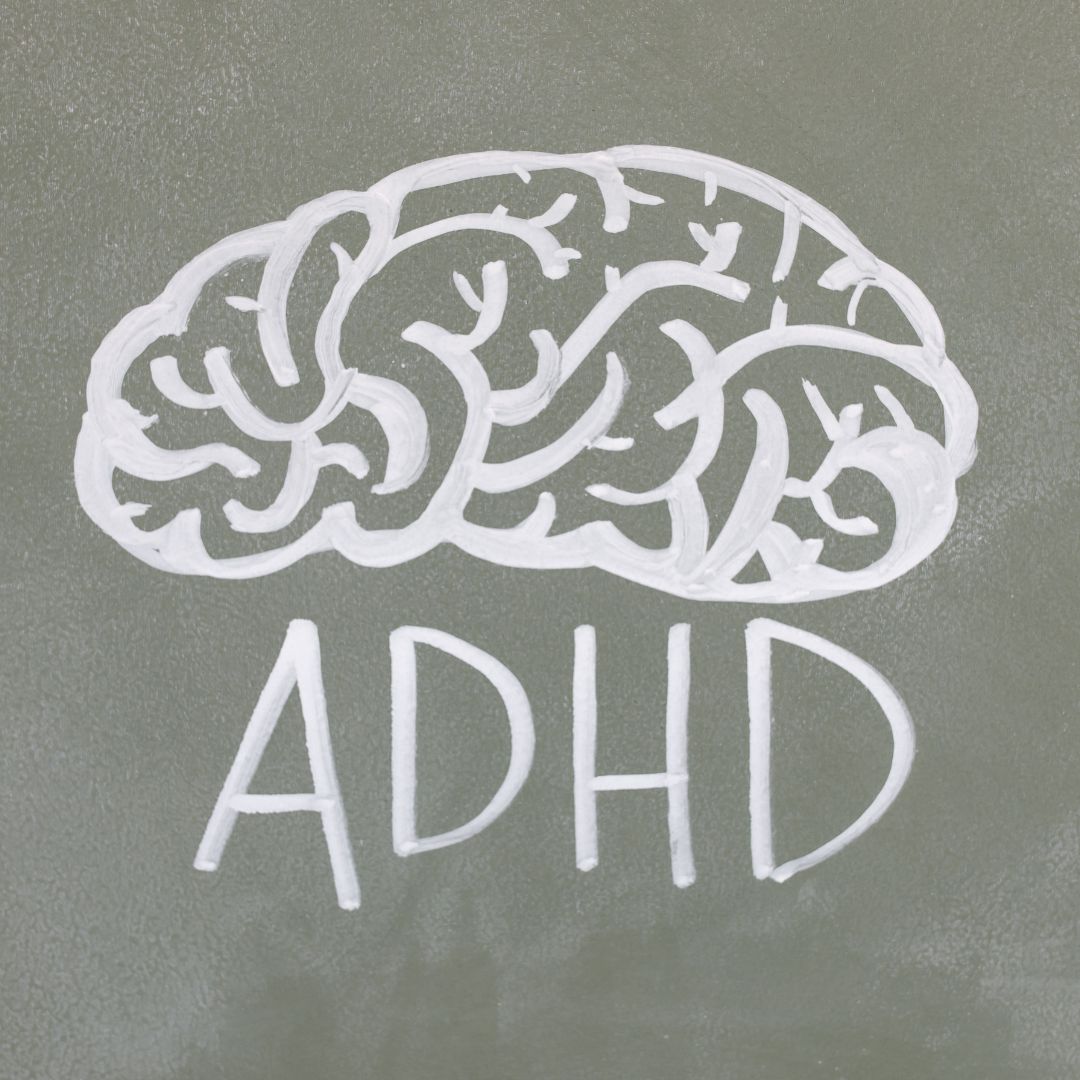Induja holds a Master’s degree in Clinical Psychology and brings a strong academic foundation to her work as a mental health content writer. With deep expertise in psychological concepts and evidence-based practices, she creates thoughtful, accurate, and empathetic content aimed at promoting mental well-being
14 Jun 25 10:30 am
Mental Health in India - Understanding Services, Challenges, and the Journey to Healing
Explore this comprehensive guide to accessing different types of mental support available in India. Discover the significance of mental health services and the resources available for support.

Introduction
“Mental health…is not a destination, but a process. It’s about how you drive, not where you’re going.” — Noam Shpancer
Did you know that suicide rates in India have been steadily rising over the years? According to the National Crime Records Bureau (NCRB), the suicide rate increased from 9.9 per lakh population in 2017 to 12.4 per lakh in 2022. This alarming trend highlights suicide as not just a personal tragedy but a serious public health concern.
Mental health issues have become increasingly prevalent in India, and the rate of increase has only accelerated post-COVID-19. In recent years, there has been a clear shift in how people perceive mental health — conversations are becoming more open, and awareness is steadily rising.
While stigma is slowly being replaced with acceptance and dialogue, access to care — particularly in rural areas — remains a critical challenge. As we break down long-standing myths and encourage help-seeking behaviour, understanding the types of mental health support available becomes essential.
What is Mental Health?
Mental health refers to our emotional, psychological, and social well-being. It influences how we think, feel, and act, and also affects how we handle stress, relate to others, and make choices.
In India, what are mental health services* exactly? They encompass any professional or community-based help aimed at improving psychological well-being — ranging from counselling and psychiatric care to helplines and wellness apps.
Mental health isn’t just about the absence of illness. It’s about presence — of clarity, connection, and balance. It’s as foundational as physical health and just as deserving of attention.

Why Mental Health Services in India Matter Now More Than Ever
Imagine suffering quietly in a crowd, unsure of where to turn. That’s the reality for millions of Indians dealing with depression, anxiety, PTSD, or even general emotional numbness — unsure where or how to seek support.
India’s mental health care landscape is changing. From previously being shrouded in taboo and silence, it is slowly opening up, with services now more visible, varied, and vocal. Yet another article confirms that mental disorders are a leading cause of non-fatal disease burden in India, yet there remains a lack of systematic, state-wise understanding of their prevalence and impact.
Understanding how mental health therapy works in India is essential today — as people seek affordable, accessible, and effective support tailored to their needs.
An Article on mental health in India reflected upon the global, mental, neurological, and substance use disorders account for over 10% of the global disease burden, yet a staggering 85% of individuals in low- and middle-income countries still lack access to treatment.
A mid-term review — conducted during the COVID-19 pandemic when mental health demands spiked — identified three strategic focus areas:
- Political prioritisation – enhancing mental health policy and increasing funding for health systems transformation.
- Developing sustainable mental healthcare models – to ensure long-term and inclusive support.
- Fostering collaboration – encouraging contextualised, community-led change for sustainable progress.
These findings are especially relevant for India, which faces one of the world’s highest burdens of untreated mental illness. In the post-COVID-19 landscape, the country must mobilise all stakeholders — from government and private institutions to mental health professionals and civil society — to achieve the UN Sustainable Development Goals (SDGs) by 2030. Of particular importance is Goal 3, which aims to ensure universal health coverage, access to quality mental healthcare services, and affordable essential medicines.
Therapy in India today may involve globally recognised evidence-based approaches such as CBT (Cognitive Behavioural Therapy), while also drawing from culturally contextualised models like narrative therapy, mindfulness practices, and holistic care. The goal is not just treatment but tailored healing — support that resonates with individual stories, values, and community environments.
And this shift truly matters. Because healing starts with awareness. With understanding. With knowing your options.
Challenges Faced in Indian Mental Health Care
Despite growing awareness and evolving infrastructure, India's mental healthcare system faces several deeply rooted challenges as emphasized in this article that also highlights how such challenges hinder its effectiveness and accessibility.
1. Stigma and Social Misconceptions
Mental illness continues to be surrounded by stigma in many Indian communities. Misconceptions, fear, and cultural taboos prevent individuals from acknowledging mental health struggles or seeking help. As a result, many people delay treatment, fearing judgment or exclusion, which can worsen their condition and reduce the chances of timely recovery.
2. Gender and Social Inequalities
Women, especially those from marginalized groups, often face unique mental health risks due to domestic violence, societal pressure, and restricted access to education or employment. These intersecting challenges make them more vulnerable to anxiety, depression, and trauma-related conditions, while limiting their avenues for support and care.
3. Economic Disparities and Urban Stress
Widespread poverty and income inequality significantly impact mental well-being. For many Indians, basic healthcare remains unaffordable or inaccessible. Rapid urbanization and migration have also introduced new stressors, such as isolation, competitive work environments, and weakened traditional support networks, further aggravating mental health issues.
4. Inadequate Mental Health Infrastructure
India suffers from a severe shortage of trained mental health professionals, particularly in rural regions. Most districts lack sufficient psychiatric facilities, and existing services often struggle with limited infrastructure and funding. This gap leaves millions without access to professional diagnosis or treatment.
5. Lack of Integration in Primary Healthcare
Mental health remains largely disconnected from India’s broader healthcare system. Limited integration with primary care results in a fragmented approach that misses opportunities for early detection and intervention. This separation also reinforces the misconception that mental health is secondary to physical health.
All these gaps highlight the **importance of mental health services**** — not just for crisis response, but for preventive care, emotional literacy, and collective well-being.
Beginning Your Journey: How to Access the Right Mental Health Services in India
Taking the first step toward mental wellness can feel daunting — but it doesn’t have to be. Here's a simple roadmap to guide you on where to start – Reflect, Understand and commit to healing.
- Reflect: Understand What You’re Going Through
Start by tuning into your emotional state. Ask yourself:
- Are you feeling overwhelmed, anxious, or persistently low?
- Would talking to someone bring relief, or do you suspect a deeper clinical concern?
- Are you open to therapy, medication, or exploring both?
If you’re unsure, start with a general counsellor or psychologist. They can help assess your situation and recommend the next steps, whether it's continued talk therapy, lifestyle changes, or a psychiatric referral.
- What Mental Health Services Are Available in India?
India’s growing mental health ecosystem includes a variety of care options, each serving different needs and intensity levels:
- Counselling and Psychotherapy: Offered by psychologists and licensed therapists to help with anxiety, depression, trauma, and relationship issues. Available both in-person and online.
- Psychiatric Services: Provided by medical doctors who specialize in diagnosing and treating mental illnesses with medication and therapy plans.
- Digital Therapy Platforms: Platforms like LifeHetu are actively working to connect people with verified mental health professionals across India — making it easier to find support suited to your needs and preferences.
- Community and Government Programs: Initiatives like the District Mental Health Programme (DMHP) bring affordable care to local communities, while helplines offer free and immediate emotional support.
- Tele-Mental Health Services: Especially helpful in remote areas, Tele-mental health services are also made available to people around the country now so that they are able to access mental health services.
- Commit: Give Yourself Time to Heal
Once you start therapy or treatment, know that healing isn’t instant. It may take time to see progress — and that’s completely okay.
- Give therapy at least 3–5 sessions before deciding its effectiveness.
- Be patient with yourself as you navigate this path.
- Remember, therapy isn’t just for crisis — it can support clarity, emotional strength, and personal growth, even when things seem “okay.”
Conclusion
Back to that quote: “Mental health is about how you drive.” In India, the road may be full of bumps, but the vehicle of healing is growing stronger each day. Whether through helplines, hospitals, NGOs, or apps, the Indian mental health ecosystem is finally offering hope — and help.
You don’t have to navigate this alone. Whether you’re seeking therapy, support, or simply a starting point, your healing matters.
Take that first step. Reach out. Because taking care of your mind isn’t a luxury — it’s your right.
Frequently Asked Questions (FAQs)
1. Why is mental health important in India?
Mental health is essential in India due to rising suicide rates, increased stress, and post-COVID emotional struggles. Access to therapy and support services can help individuals maintain emotional and psychological well-being.
2. What types of mental health services are available in India?
India offers a variety of services including counselling, psychotherapy, psychiatric consultations, helplines, online platforms like LifeHetu, and government programs like the District Mental Health Programme (DMHP).
3. How can I find the right therapist in India?
You can find the right therapist through online platforms like LifeHetu, which connects users with verified professionals, or through referrals, hospitals, or local mental health clinics.
4. What are the challenges facing mental healthcare in India?
Challenges include social stigma, lack of mental health professionals, economic inequality, limited infrastructure, and poor integration of mental health in primary care.
5. Is online therapy effective in India?
Yes, online therapy is becoming increasingly effective and accessible in India, especially in urban and remote areas, offering flexible, affordable mental health care.
Sources
- Abhijita, B., Gnanadhas, J., Kar, S. K., Cherian, A. V., & Menon, V. (2024). The NCRB Suicide in India 2022 Report: Key Time Trends and Implications. Published in Indian Journal of Psychiatry.
- The burden of mental disorders across the states of India: the Global Burden of Disease Study 1990–2017 - The burden of mental disorders across the states of India: the Global Burden of Disease Study 1990–2017 - The Lancet Psychiatry
- Mental health in India: evolving strategies, initiatives, and prospects - Mental health in India: evolving strategies, initiatives, and prospects - The Lancet Regional Health - Southeast Asia
- A Comprehensive Analysis of Mental Health Problems in India and the Role of Mental Asylums - _A Comprehensive Analysis of Mental Health Problems in India and the Role of Mental Asylums - PMC_*
Related Reads. Similar Blogs to Check Out.



